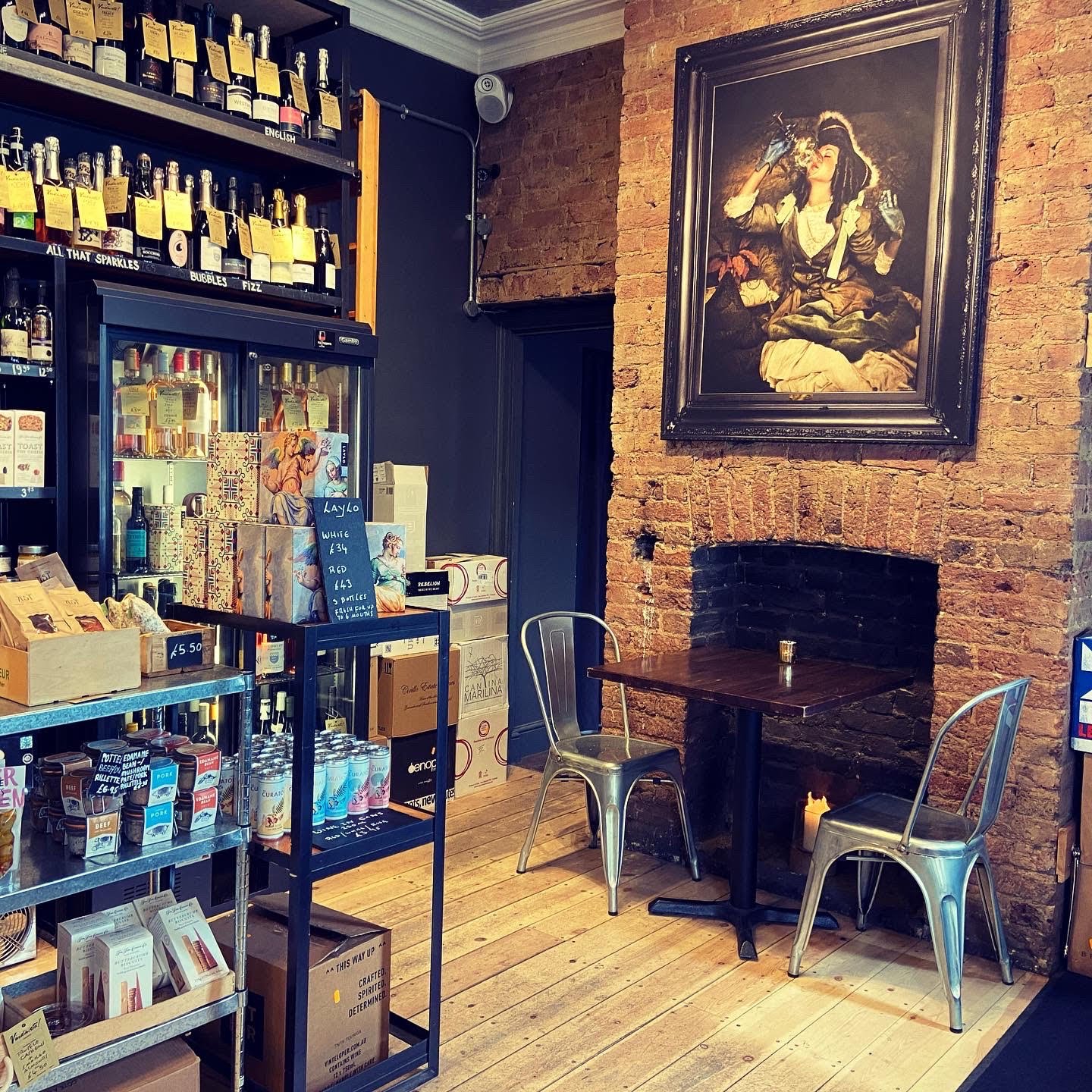Big isn’t always best…
The wine industry does a great job shouting about its successes. But what about when things don't follow the usual formula? Inspired by Elizabeth Day's podcast and book "How to Fail: Everything I've ever learned from things going wrong," Paola Tich has long seen a hole in wine trade comms on the valuable takeaways we can learn when things don’t go to plan. Here she shares what happened when she realised big wasn’t best for her wine business and hopes the lessons she learned will help others in a similar situation.
We were driving back from Bristol when we had a lightbulb moment.
We'd been to see our financial advisor where we'd talked through (yet again) our plans for the business, and how we could raise money for another wine shop. Wasn't expansion the sign of a successful wine business? It was 2016, a few weeks after the Brexit vote, and clearly we were in a bit of denial.
"You’ve been talking about another place for so long,” said our advisor. “ But just a thought. What about if you didn’t open another shop?" We were rather taken aback.
I should point out here that we already had two premises. A tiny wine shop in Acton, West London - which we'd opened in 2013 - plus a wine bar across the street. We'd always wanted a hybrid, where people could drink wine in the shop, but we couldn't find a big enough site. So when a place became available in late 2014, we jumped straight in and opened Vindinista. The wine bar revival was in full swing, what did we have to lose? We weren't tied in to a long lease, so we could pull out if it didn't work.
Sweating The Asset
As a stand alone business, the wine bar was too small to do more than wash its face - and we needed to keep prices keen to get the support of a neighbourhood. We were not in a city centre. The upside was it drove a lot more business to the shop, people were trading up and drinking more adventurously. We spanked the wine bar hard: pop-up chef nights, vinyl nights, tasting events, private parties. Customers loved what we did.
If that wasn’t enough, we were also running a summer pop-up shop in the middle of Ealing, to test the water, plus running a wine stall at Brentford market every Sunday. We had a couple of full timers and some casuals working for us, but it's fair to say Mike (my husband and fellow director) and I were knackered. Oh, and my mother's Alzheimer's was getting worse…
Under Pressure
I now look back in sheer astonishment at everything we achieved. But also annoyance at the pressure I put myself under to expand (much of this was down to me). Someone who runs a chain of wine shops and bars told me early on that you only really start to make proper money in wine when you have at least three places. We're not talking millions, obviously. Enough, though, to hire an operations person, to import our own wines on a regular basis, to buy at much bigger volumes. The trade press seemed to be full of success stories about shops like ours opening new branches. Of course, scaling up can also mean bigger overheads, a greater pressure on cash flow, greater debt to fund expansion - especially to investors who might want to take the business in a different direction - and a potential loss of the personal touch that made customers come to you in the first place. I’m not saying retail collapses weren’t covered. But often as news, not analysis - and expansion rarely questioned.
Independents with several shops were also the ones who won the awards, and got taken a lot more seriously than little, stand-alone places. A bit bigger seemed a lot better. I took that very much to heart. Until that drive back from Bristol. There was an accident that closed the M4, so we diverted to Bath and thought we’d have dinner. Walking around, searching for somewhere to eat, we chewed over what our advisor said. Why were we (especially me) so hell-bent on more shops? Why was I judging my success against other businesses? Why did I listen to bragging on trade trips? What was so wrong with running it more as a lifestyle business and one that was embedded in a single local community rather than many?
When Two Becomes One
It took us a while to detangle from all our commitments and, after my mother died in December 2017, we knew we didn’t want to renew the lease on the shop for another six years. So we combined the two businesses in the former wine bar and finally got our hybrid. The dent in revenue was offset by lower costs - one rent, no rates, less stock and fewer staff. We decided to close earlier, too - and now, also Tuesdays. The barflies who liked to shoot the breeze nursing a nightcap until midnight also melted away. Not a great loss. Crucially, we all get a greater work/life balance.
Obviously, with Brexit and the pandemic, there have been ups and downs, but drinking onsite is back with a bang, as are tastings. In fact, we charge more for tastings now and they sell out quickly, sometimes within hours. And you could argue that we did open an additional shop, thanks to our online store built during the first lockdown. We also entered, and won, Best Neighbourhood Wine Shop in last year’s Decanter awards, have featured two year’s running in the Harper’s top 50 UK independents plus we have a Shop Rioja under our belts. We still get great feedback from a lot of customers.
We may have failed to open another shop but in doing so, we’ve discovered that less really can be more.



